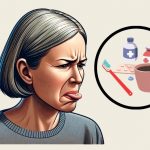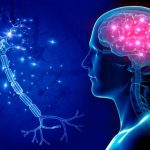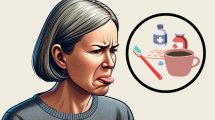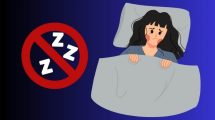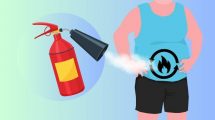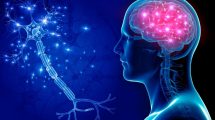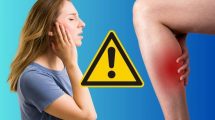Please note, if you have some of the symptoms, it does not necessarily mean that you have diabetes, but it is important to discuss this with your doctor.
What are the early signs of diabetes?
- Going to the bathroom a lot – especially at night to pee.
- Thirst – feeling really thirsty all the time.
- Fatigue – feeling more tired than usual.
- Weight loss – without intention
- Genital itching or candida.
- Cuts and wounds take longer to heal.
- blurred vision
- increased hunger
- Skin becomes dark in certain parts of the body (neck, armpit and groin)
What are the most common symptoms?
Everyone is different and experiences symptoms differently. However, the more common symptoms of diabetes are:
Join Agogo Newsletter
And get Updates for Better Health.
- increased thirst
- increased urination
- feeling tired
- and weight loss
What causes these symptoms?
Diabetes symptoms occur because some (or all) of the glucose remains in the blood, and is not used as fuel for energy.
The body tries to lower blood sugar levels by removing excess glucose from the body through urine, which makes us thirsty.
High levels of glucose that pass through the urinary tract are the perfect breeding ground for the fungal infection that causes Candida.
However, not everyone has symptoms. In fact, 6 out of 10 people do not experience symptoms when they are diagnosed with type 2 diabetes.
Who is at higher risk for diabetes?
There are certain risk factors that can increase the risk of having diabetes and they are:
- Age (over 45)
- Over weight and obesity
- Sedentary lifestyle
- Smoking
- Family history of diabetes
- High blood pressure
- Abnormal levels of triglycerides or cholesterol
- History of insulin resistance
In Conclusion
If you experience the symptoms, or some of them, you should ask your doctor for an examination, to get an accurate diagnosis. Neglecting, or ignoring the condition, can only cause aggravation and serious medical problems.
Getting a correct diagnosis and treatment is necessary and it can reduce the risk of developing complications.


